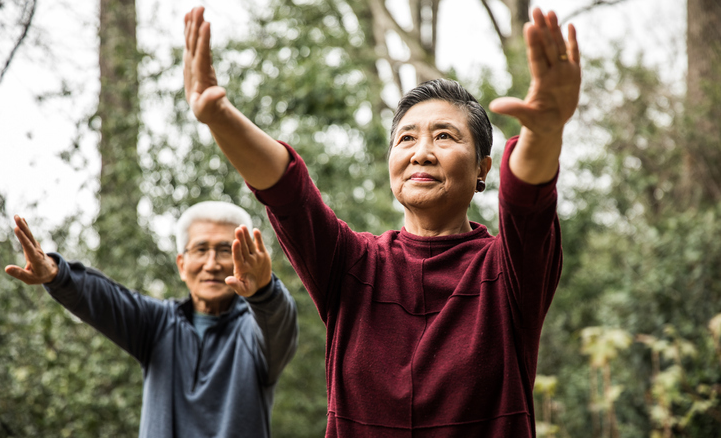Give when needed: Medical practitioners on the role of supplements and how to select the right ones

Organised by the Yong Loo Lin School of Medicine at National University of Singapore, the conference “Unlock Healthy Longevity: Supplements” took place between February 29 and March 1.
The conference saw a raft of researchers presenting their insights and findings on the role of various supplements, such as nicotinamide mononucleotide (NMN), alpha ketoglutarate (AKG), and urolithin A, for promoting healthy longevity.
While randomised controlled trials are crucial in validating the effectiveness of these supplements, the studies should consider the effects in populations that truly require it.
This is according to Professor Dr Andrea B Maier, host of the conference, and the co-director of the Centre for Healthy Longevity (CHL) housed within the National University Health System (NUHS).
In her presentation titled “Supplements: how to separate hype from hope”, she pointed out how supplements could cater to both the mass market consumer as well as the medical market.
The latter, for example, taps on supplements through the concept of healthy longevity medicine – which is to optimise healthspan by targeting ageing processes across the lifespan.
Aside from intervention through therapeutics, supplements, adjustment in lifestyle and environment, Prof Maier pointed out how diagnostics, such as biological, clinical, and digital phenotyping, could be used to design suitable interventions.
The idea is to matchmake what biological indicators have shown with the right interventions, so that supplements are given to help individuals overcome certain nutrient deficiencies as seen from their biological, clinical, and digital phenotyping results.
This approach is also echoed by medical practitioners who spoke on a panel discussion titled “Panel discussion: How do clinicians and consumers choose supplements and why?” on day one of the conference.
Panellists included Associate Professor Ti Lian Kah from National University Hospital (NUH), Dr. Olivia Lesslar from Griffith University, Dr. Eu Leong Oh from Chi Longevity, and Oscar Wezenbeek from Sage Boardroom Consulting. The discussion was moderated by Professor Hans Meij from NUS Yong Loo Lin School of Medicine.
Associate Professor Ti, for instance, pointed out that supplements were used in patients warded in ICU to help them address deficiencies in minerals.
There is still a need for more evidence on supplements’ role for specific conditions, as well as the optimal dose and frequency of administration.
“Most supplements are currently administered orally but if the patients are very ill, we may need intravenous formulations.
“As you know, supplements are very much tested on healthy individuals and doctors deal with sick patients, so there’s a gap to bridge…It’s a matter of time before we gain more confidence in supplements, with more research,” said the senior consultant from the Department of Anaesthesia at NUH.
Approaches by medical experts
Dr. Lesslar, on the other hand, believes that health practitioners should not deny patients of supplements simply because the available evidence from RCTs is currently not enough as compared to pharmaceuticals.
She believes in using the “domino” approach in using supplements to help patients tackle hallmarks of ageing.
“We could pick one or two major dominos, push those over [with supplement interventions], see what’s left and push a couple over,” she said.
Like Prof Maier, Dr. Oh said he would first consider the most pressing issues and the major deficiencies when deciding on the types of supplement interventions required for an individual.
“My first approach is to see where the main issues are, where the deficiencies are, and what are the most pressing issues and that should guide our intervention,” he said.
In the process, consistent monitoring is needed, he said, as it would form the basis of his recommendation to the patients and also convince patients to follow his recommendation.
Both Dr. Lesslar and Dr. Oh run healthy longevity clinics in Australia and Singapore respectively. Chi Longevity, run by Dr. Oh, for example, aims to improve the quality of life by reversing biological age and extending health span.
Wezenbeek, on the other hand, believes in the need for comprehensive testing of supplements in order for users to trust in the quality of the products.













